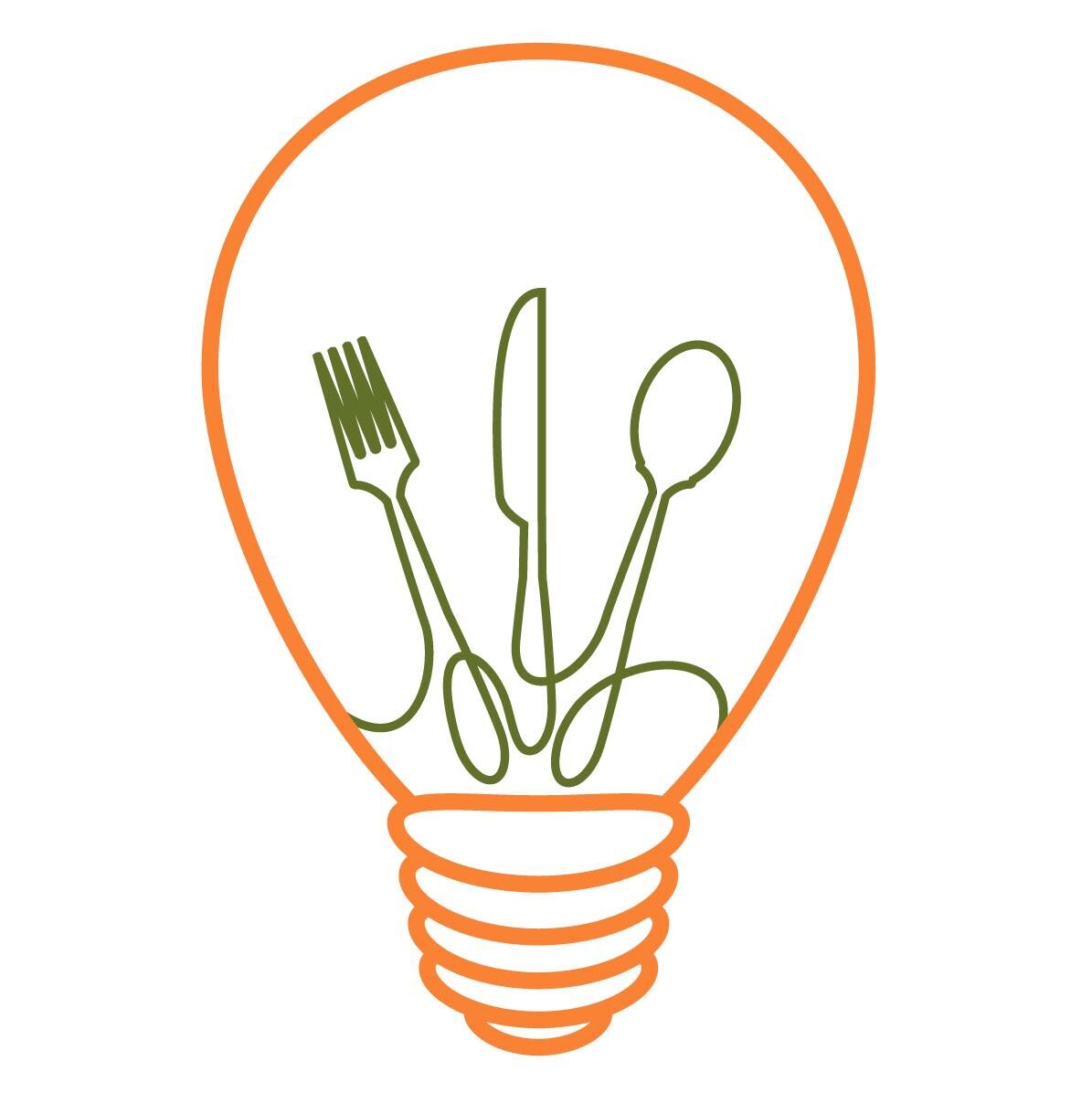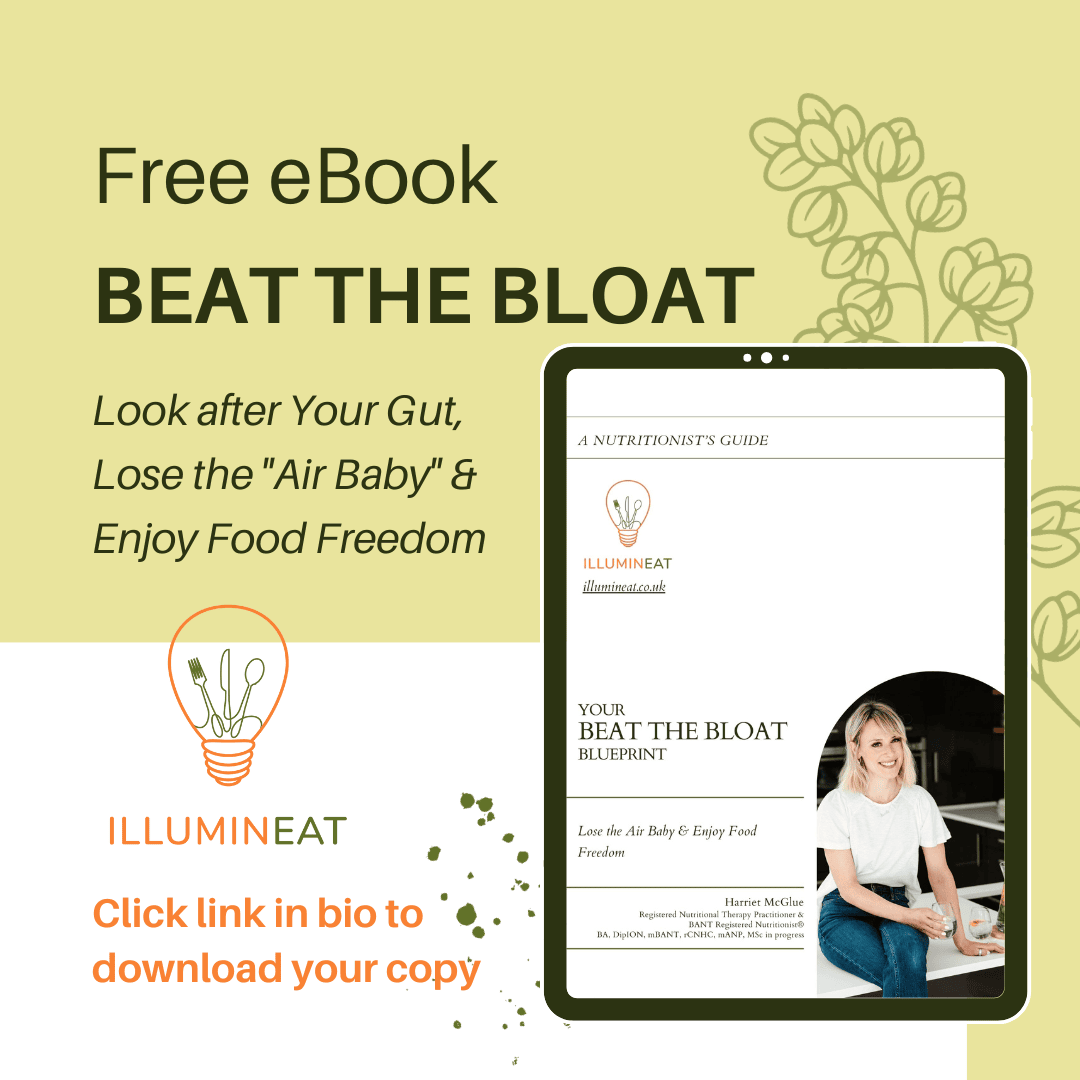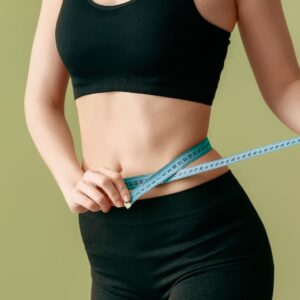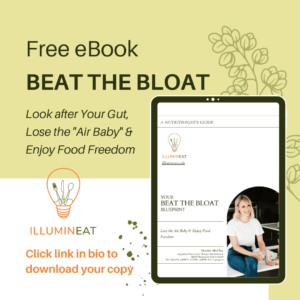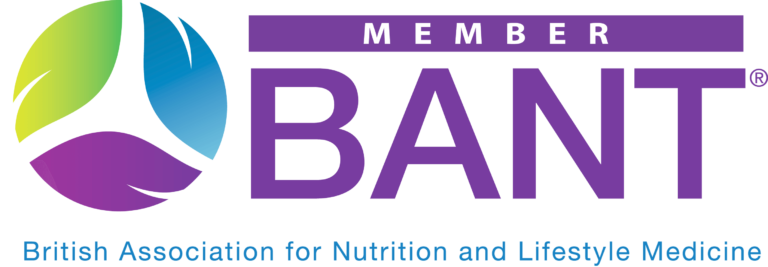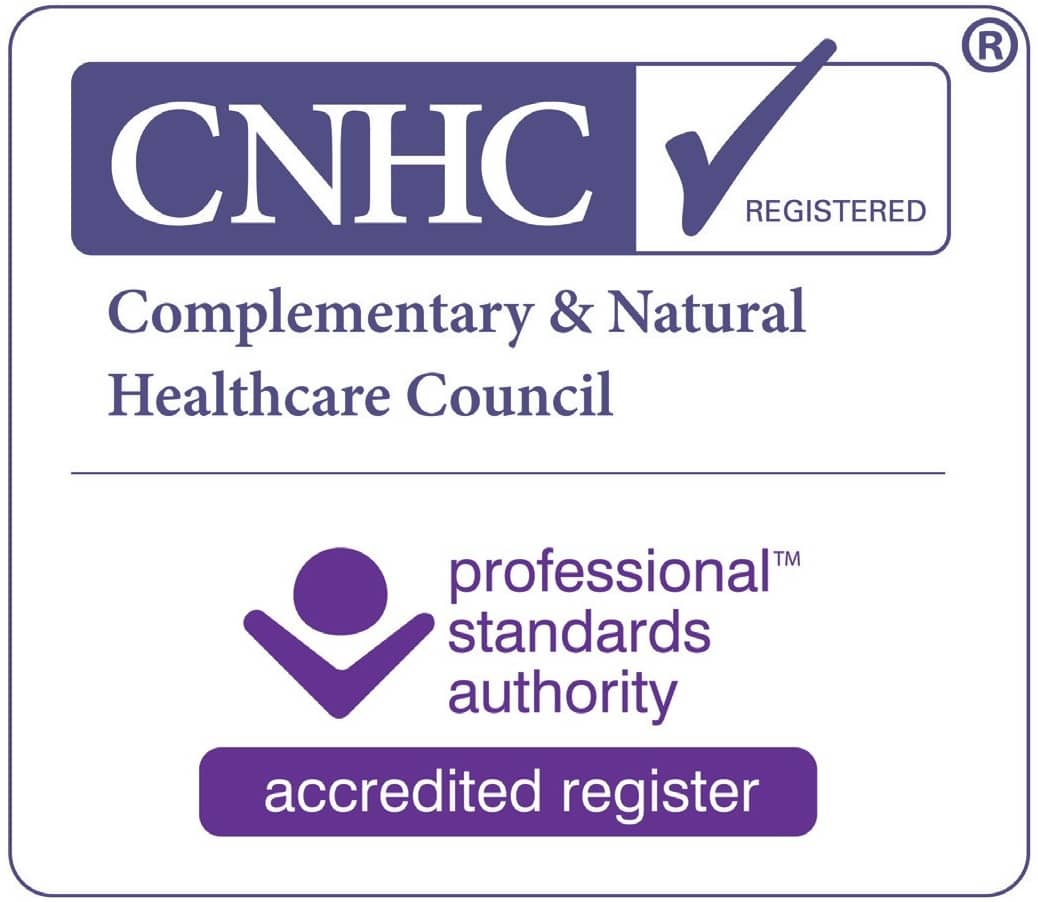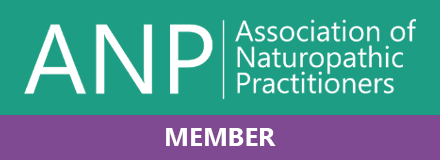Monday 17 January – officially known as “blue Monday”. January can be a bleak month at the best of times. Thrown in some serious pandemic-fatigue and, for many of us, the mental, physical, social and economic ramifications of the last couple of years, and it’s little wonder many people are feeling a bit pants!
Now, diet is no panacea for mental health. Genetics, some medical conditions, trauma and lifestyle factors such as stress, poor sleep and alcohol, can all predispose to, or trigger, depression. However, THE LINK BETWEEN FOOD AND MOOD IS NOW UNDENIABLE. In fact, the GUT-BRAIN axis has become something of a buzz word! We simply have to STOP thinking of our physical and mental health as 2 separate things.The SMILES trial in 2017 established dietary improvement as an effective treatment for depression – one third of previously depressed subjects went into remission – demonstrating all-important causation (not merely correlation).
And it’s not just depression…Poor nutrition is associated with a greater risk of numerous mental health conditions, from PTSD to psychosis, schizophrenia to dementia. What’s more, it seems certain nutrients can even enhance mental performance (focus, decision-making, memory etc.). THE FOOD-MOOD CONNECTION IS REAL!!!
So the big question – WHAT can I eat to SUPPORT MY MENTAL HEALTH? These are a few of my go-to ingredients…
1️⃣ OILY FISH Get those omega-3 fats in with fatty fish. Think “SMASH”: sardines, mackerel, anchovies, salmon, herring. Our bodies are unable to synthesise these fatty acids so we must get them from the diet, hence their “essential” label. Abundant in brain cell membranes, EPA and DHA are vital for normal brain function and development. DHA supports cell signalling, allowing brain cells to communicate with each other, while EPA wards off inflammation. If you are a fish-hater, all is not lost: A 2016 meta-analysis found that fish oil supplements, especially those containing higher amounts of EPA, may improve depressive symptoms with the greatest effects in those taking antidepressants. Another reminder that nutritional and allopathic medicine can work happily alongside one another!
2️⃣ ALL THE PLANTS The more beautiful and diverse sources of FIBRE you can include, the merrier. 30 different plant foods a week (based on data from the American & British Gut Projects) is a great number to aim for (or exceed!). Veggies, fruits, legumes, nuts, seeds, herbs, spices and grains – they all count… All this fermentable prebiotic fibre provides a feast for the trillions of beneficial microbes that live in our guts. In turn, they provide us with numerous healthful metabolites (think short chain fatty acids like butyrate and B vitamins) which in turn support healthy brain chemical (serotonin, dopamine) production. These chemical messengers communicate directly between the gut and the brain. How amazing is that?!
3️⃣ FERMENTED FOODS Another great way of supporting your microbiome, probiotic-containing ferments have been associated time and again with a reduction of depressive symptoms. From live yogurt and kefir (we love The Collective and Tim’s Dairy) to tofu (the Tofoo co. extra firm is great marinated in curries or stir fries) and kimchi (try the Edinburgh Fermentarium) – not to mention most cheeses – the supermarkets and farmers markets are full of them!
4️⃣ PROTEIN Be sure to include good quality animal or plants sources at every meal. Not only does protein help balance blood glucose levels (bye bye hangry!), it also provides the amino acid tryptophan – a precursor of “happy hormone” serotonin. Numerous studies have linked low levels of the amino acid with mood disorders and increasing dietary intake appears to reduce depressive symptoms.
5️⃣ BERRIES Red, blue and purple berries are choc full of antioxidants and phenols (e.g. anthocyanins), which play a key role in combatting oxidative stress and reducing inflammation. It is thought this may be the reason a diet rich in these compounds has been associated reduced risk of depression. To save money and ensure maximum freshness, try buying frozen. I zap a large handful in the microwave for 1 minute on high every morning to make an instant compote which I serve with full fat unsweetened kefir, gluten free granola, mixed crushed nuts or nut butter and mixed seeds. The ultimate mood-boosting breakfast!
6️⃣ NUTS and SEEDS Are a fabulous source of healthy fats, plant-based protein and fibre – all super important for mood as we’ve seen. Almonds, walnuts, cashews, pumpkin, sunflower and sesame seeds contain tryptophan (which the body converts to mood-boosting 5-HTP and serotonin (and melatonin). Brazils, pine nuts and almonds are good sources of zinc and selenium, both important for brain function and in managing depression. One study linked moderate nut intake to a 23% lower risk of depression!
